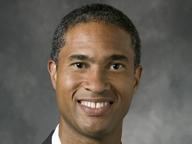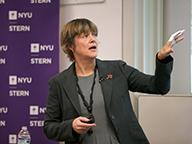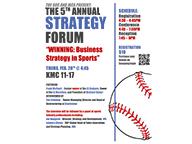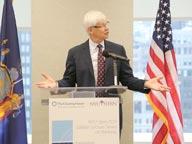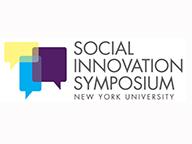School News
—
In an op-ed, MBA-MPA student and Marine captain Timothy Kudo reflects on his deployment to Afghanistan
—

Excerpt from The New York Times -- "If this era of war ever ends, and we emerge from the slumber of automated killing to the daylight of moral questioning, we will face a reckoning. If we are honest with ourselves, the answers won’t be simple."
School News
—

Excerpt from The New York Times -- "If this era of war ever ends, and we emerge from the slumber of automated killing to the daylight of moral questioning, we will face a reckoning. If we are honest with ourselves, the answers won’t be simple."

